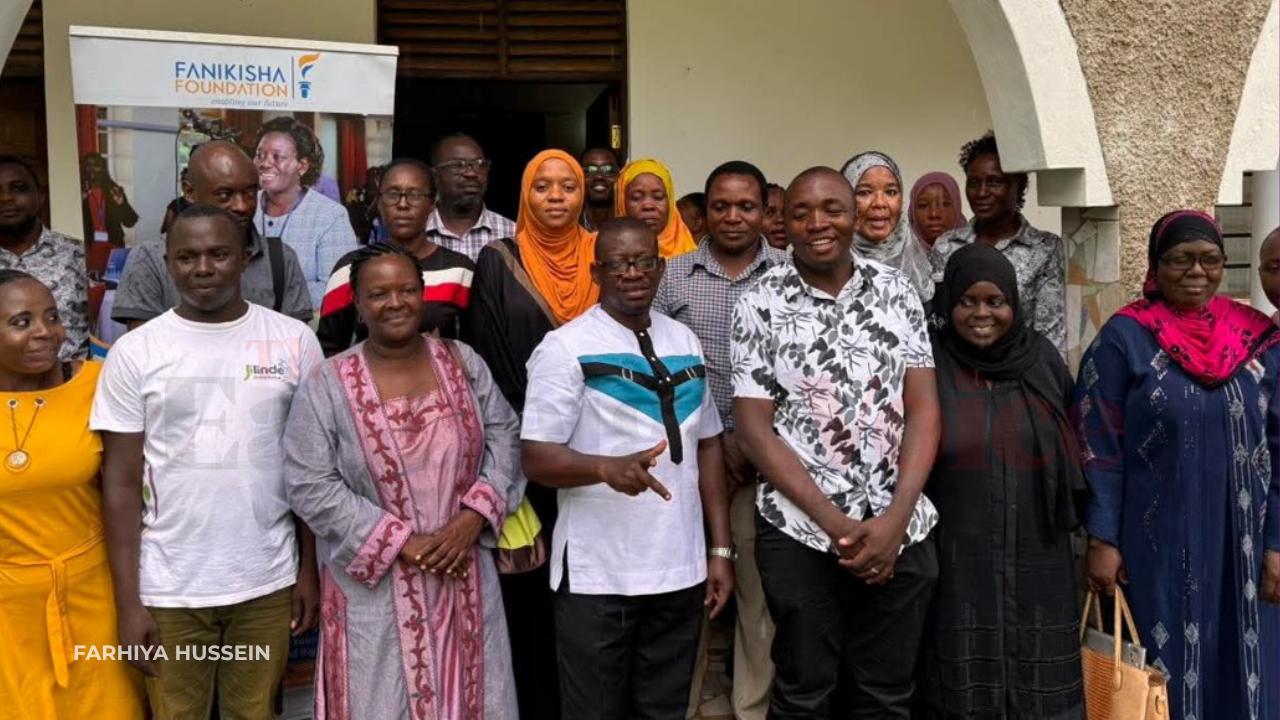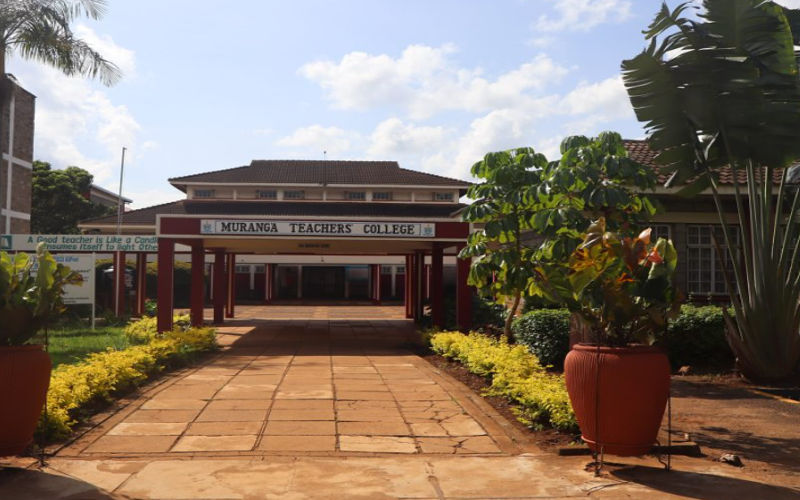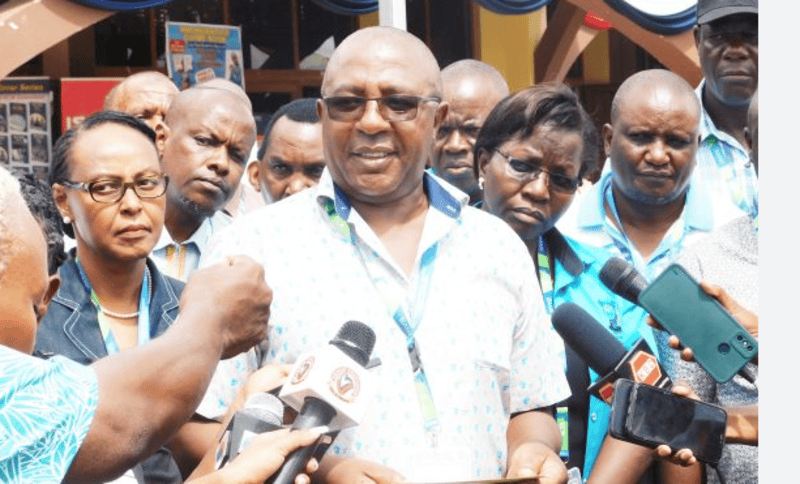Maternal deaths in Kwale County surge past WHO threshold, prompting urgent calls for action

Recent county statistics show Kwale now records 110 maternal deaths per 100,000 live births, surpassing the WHO’s alert level of 100 and rising from 92 in 2023.
A surge in maternal deaths across Kwale County has raised alarm among healthcare workers, prompting urgent calls from local stakeholders to improve access to antenatal and delivery services.
The concerns were raised during a consultative forum at Diani Forest Lodge in Msambweni, where health officials and civil society groups gathered to address the rising threats to maternal and newborn health.
More To Read
- Kenya to receive Sh10 billion for maternal and newborn care
- Kamukunji faces vaccine crisis as over 12,000 children miss routine immunisation
- Kwale Governor Fatuma Achani vows legal action against land grabbers
- Tensions flare as Kwale leaders demand removal of KWS from Diani-Chale Marine Reserve management
- Pregnancy without check-ups: The hidden dangers facing women in Nairobi slums
- Kwale: Several suspected gang members arrested in major crackdown
The meeting, led by Fanikisha Foundation, highlighted troubling data showing that maternal mortality in the county has surpassed the emergency threshold set by the World Health Organisation (WHO).
Recent county statistics show Kwale now records 110 maternal deaths per 100,000 live births, surpassing the WHO’s alert level of 100 and rising from 92 in 2023, highlighting a troubling upward trend.
"We are deeply concerned. Many women are arriving at health centres too late or not at all, missing vital prenatal care that could save lives. Early antenatal attendance is essential for detecting complications and providing appropriate guidance, but we’re not seeing enough uptake,” said Christine Mvurya, the founder of Fanikisha Foundation.
Low turnout
The latest figures reveal that although several issues contribute to the crisis, a major concern is the low turnout for antenatal care.
In 2024, just 76 per cent of the 22,049 expected pregnant women accessed antenatal care services, a decline from the previous year’s 79 per cent, when 30,735 mothers were anticipated to seek such care.
Alarmingly, wards like Mkongani (61 per cent) and Tiwi (59 per cent) recorded the lowest turnout, with just over half of pregnant women receiving prenatal care, while Mwereni Ward stood out with full attendance.
“When expectant mothers delay or skip antenatal visits, they miss out on essential health services. Each pregnancy is different and can present unexpected complications; it’s not something that experience alone can guide. That’s why timely check-ups at health facilities are so critical,” Mvurya explained.
Healthcare workers point to multiple contributing factors, including deep-rooted cultural beliefs, stigma around caesarean deliveries, limited access to facilities, and financial barriers.
High-risk pregnancies
In some communities, opting for surgical delivery is seen as a weakness, discouraging women from seeking professional help even in high-risk pregnancies.
“Mothers are dying from preventable deaths. It’s heartbreaking. No woman should have to choose between her life and outdated beliefs. We must normalise hospital births,” said Edward Mumbo, a reproductive health advisor.
In response to the growing crisis, Fanikisha Foundation has launched the Okoa Mama na Mtoto Initiative in collaboration with the Kwale County Health Department.
Other Topics To Read
The campaign aims to increase public awareness, promote health-seeking behaviour, and train both healthcare personnel and traditional birth attendants to better handle maternal emergencies.
Part of the strategy includes rolling out educational barazas across sub-counties, focusing on areas with the highest rates of maternal complications.
Community health promoters will also be equipped with key health messages to support pregnant women and their families.
County Nursing Officer Diana Joto gave a detailed overview of Kwale’s key health trends, spotlighting early and repeat antenatal visits, the rising rate of teenage pregnancies, maternal complications and deaths, along with perinatal and neonatal mortality.
Family planning uptake
She also highlighted trends in family planning uptake and hospital delivery patterns, painting a clearer picture of the challenges impacting maternal and newborn health in the county.
Nationally, Kenya’s maternal mortality rate stands at 355 per 100,000 live births, far from the Sustainable Development Goal (SDG) target of 70 by 2030.
Stakeholders warn that unless counties like Kwale intensify local interventions, these goals will remain out of reach.
Mvurya urged the government to increase investment in reproductive health, noting that early postnatal care and skilled attendance at birth must be prioritised.
“We recommend a minimum of eight antenatal visits per mother and full coverage of births by skilled personnel,” she said.
The foundation has also called on religious leaders and community elders to help dispel myths surrounding modern maternal care, particularly in rural areas where resistance to hospital births remains deeply rooted.
Top Stories Today













































